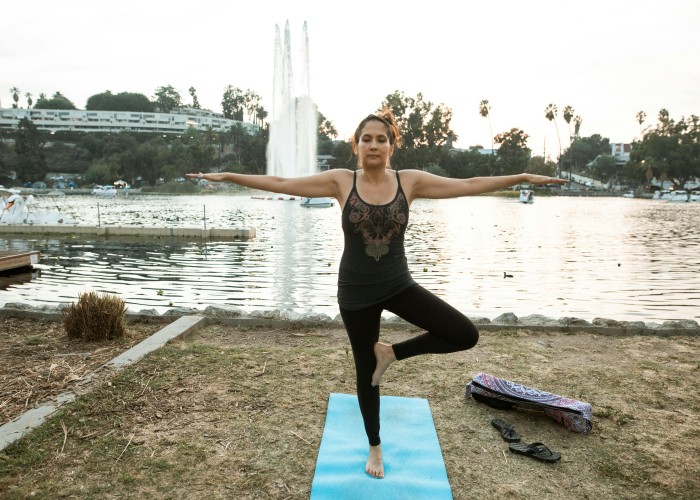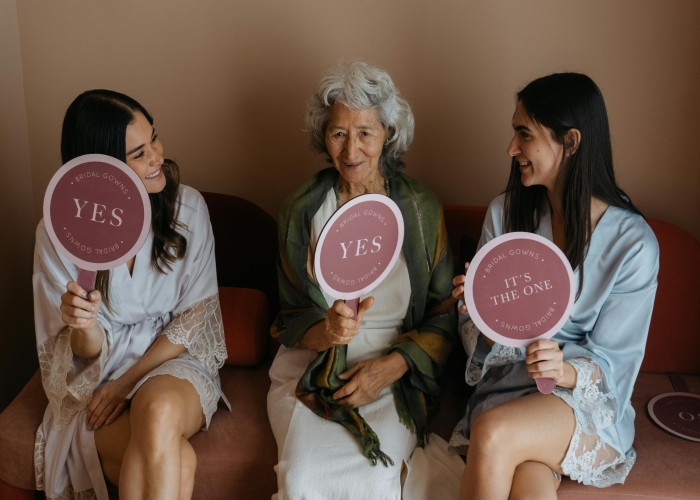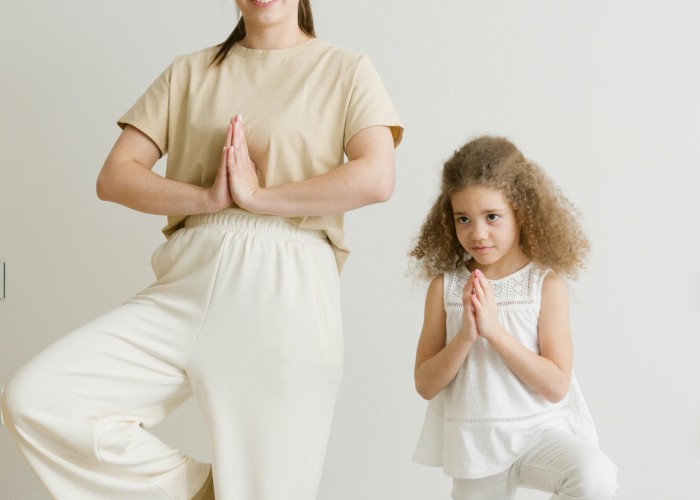Visit Our In-Demand General Blog
Visit Our In-Demand Tour & Travel Blog
Let’s continue to the blog..
In today’s fast-paced world, maintaining mental well-being has become more important than ever. While traditional therapy and counseling remain effective, technology has opened up new ways to support mental health. Mental health apps provide tools for managing stress, anxiety, depression, mindfulness, and emotional well-being, all from the convenience of your smartphone. Best Mental Health Apps in the USA.
In this article, we’ll explore the best mental health apps available in the USA, how they work, and how you can use them to improve your mental clarity, emotional balance, and overall well-being.
Why Mental Health Apps Are Popular
Mental health apps are gaining popularity due to their accessibility, affordability, and convenience. Here’s why many people turn to apps for support:
- On-Demand Support: Users can access mental health tools anytime, anywhere.
- Privacy and Discretion: Apps provide a private space to explore emotions and practice self-care.
- Affordability: Many apps offer free features or affordable subscription plans.
- Customization: Apps can tailor exercises and programs to individual needs.
- Integration with Daily Life: Reminders, exercises, and mood tracking fit easily into daily routines.
Key Features to Look for in Mental Health Apps
When choosing a mental health app, it’s important to consider features that align with your goals:
- Mood Tracking: Helps identify patterns in your emotional state and triggers.
- Guided Meditation and Mindfulness: Supports relaxation and stress reduction.
- Cognitive Behavioral Therapy (CBT) Exercises: Assists in changing negative thought patterns.
- Stress and Anxiety Management Tools: Breathing exercises, journaling prompts, and grounding techniques.
- Sleep and Relaxation Support: Tools to improve sleep quality and manage insomnia.
- Community or Chat Support: Some apps provide safe spaces to connect with peers.
Top Mental Health Apps in the USA
1. Calm
Calm is a widely recognized app for stress reduction, mindfulness, and meditation. Users can access guided meditation sessions, sleep stories, and relaxation music. Calm also offers breathing exercises and programs for managing anxiety and improving focus.
Best for: Beginners seeking relaxation, sleep improvement, and daily mindfulness.
2. Headspace
Headspace is known for its structured meditation programs and mental fitness exercises. It offers guided meditations, mindfulness exercises, and short sessions designed for busy schedules. Headspace also focuses on emotional health, stress management, and building positive habits. Best Mental Health Apps in the USA.
Best for: Users looking for structured meditation routines and mental clarity.
3. BetterHelp
BetterHelp connects users with licensed therapists via text, chat, phone, or video sessions. While it’s not fully automated like meditation apps, BetterHelp offers professional guidance conveniently through mobile devices, making therapy more accessible.
Best for: Individuals seeking professional therapy without visiting an office.
4. Sanvello
Sanvello provides tools for managing stress, anxiety, and depression. It combines mood tracking, guided journeys, coping tools, and community support. Users can access daily exercises, track their emotions, and learn CBT-based techniques.
Best for: Those looking for a comprehensive mental health toolkit with self-help and therapy-like features.
5. Moodfit
Moodfit focuses on holistic mental health by tracking mood, sleep, activity, and nutrition. The app helps users understand the connections between lifestyle factors and emotional well-being. It offers reminders, journaling prompts, and exercises to improve mental clarity.
Best for: Users interested in tracking habits and understanding how lifestyle affects mood.
6. MindShift
MindShift is designed to help users manage anxiety using CBT strategies. It provides exercises to change thinking patterns, reduce worry, and improve coping skills. MindShift also includes relaxation techniques and goal-setting features.
Best for: Teens and adults dealing with anxiety and stress management.
7. Happify
Happify offers evidence-based activities and games to boost happiness, reduce stress, and manage negative thoughts. Using positive psychology principles, it engages users in enjoyable tasks designed to improve emotional resilience.
Best for: Individuals looking for interactive ways to improve mood and positivity.
8. Insight Timer
Insight Timer provides thousands of free guided meditations, music tracks, and talks by mental health experts. It also includes courses on mindfulness, stress reduction, and sleep improvement. The community features allow users to connect with others for motivation and support. Best Mental Health Apps in the USA.
Best for: Users who want variety and flexibility in meditation and mindfulness practices.
9. Calm Harm
Calm Harm is specifically designed to help individuals manage urges to self-harm. It provides distraction techniques, emotional regulation exercises, and coping strategies. The app is designed to be private and easy to use in moments of distress.
Best for: Individuals seeking tools to manage self-harming behaviors safely.
10. 7 Cups
7 Cups offers anonymous chat with trained listeners and online therapists. The platform provides emotional support for stress, anxiety, depression, and relationship concerns. It also includes guided exercises and self-help resources.
Best for: Users seeking peer support and professional guidance in a flexible format.
How to Choose the Right Mental Health App
Selecting the best app depends on individual needs and lifestyle:
- Identify Your Goals: Are you looking to reduce stress, improve sleep, manage anxiety, or track moods?
- Consider Accessibility: Choose an app that fits your schedule and preferred device.
- Check Features: Ensure the app includes tools that match your needs, such as meditation, journaling, or therapy access.
- Read Privacy Policies: Mental health apps handle sensitive information, so data security is crucial.
- Test Free Versions: Many apps offer free trials, allowing you to explore features before subscribing.
Tips for Maximizing the Benefits of Mental Health Apps
- Set Daily Reminders: Build a habit by scheduling specific times to use the app.
- Combine Apps with Offline Practices: Nature walks, journaling, and mindfulness can complement app use.
- Track Progress: Use mood tracking and journaling features to identify patterns and improvements.
- Be Consistent: Regular use over weeks can lead to measurable improvements in mood and stress management.
- Seek Professional Support When Needed: Apps are helpful but not a replacement for professional mental health care if conditions are severe.
FAQs About Mental Health Apps
1. Are mental health apps effective?
Yes, research shows apps that use CBT, mindfulness, and mood tracking can improve emotional well-being, reduce stress, and support coping strategies.
2. Are mental health apps safe to use?
Most reputable apps follow privacy policies and provide secure platforms. However, avoid apps with unclear policies or unverified claims.
3. Can mental health apps replace therapy?
Apps can support mental health but are not a full replacement for therapy or professional care in severe cases. They work best as complementary tools.
4. Are mental health apps free?
Many apps offer free features, but advanced content or therapy sessions may require a subscription. Always check pricing before committing.
5. How often should I use a mental health app?
Consistency matters more than duration. Daily use, even for 5–20 minutes, can yield positive results.
Conclusion
Mental health apps offer practical, accessible, and effective ways to support emotional well-being in today’s fast-paced environment. From guided meditation and CBT exercises to mood tracking and peer support, these tools empower individuals to take control of their mental health anytime, anywhere.






Leave a Reply